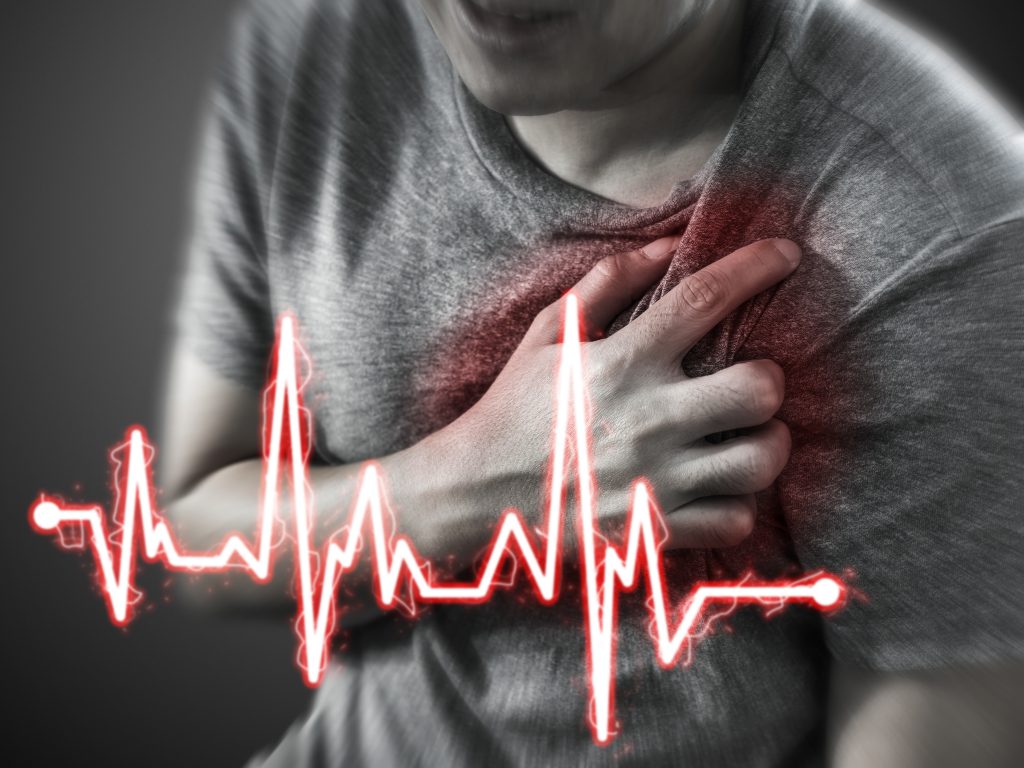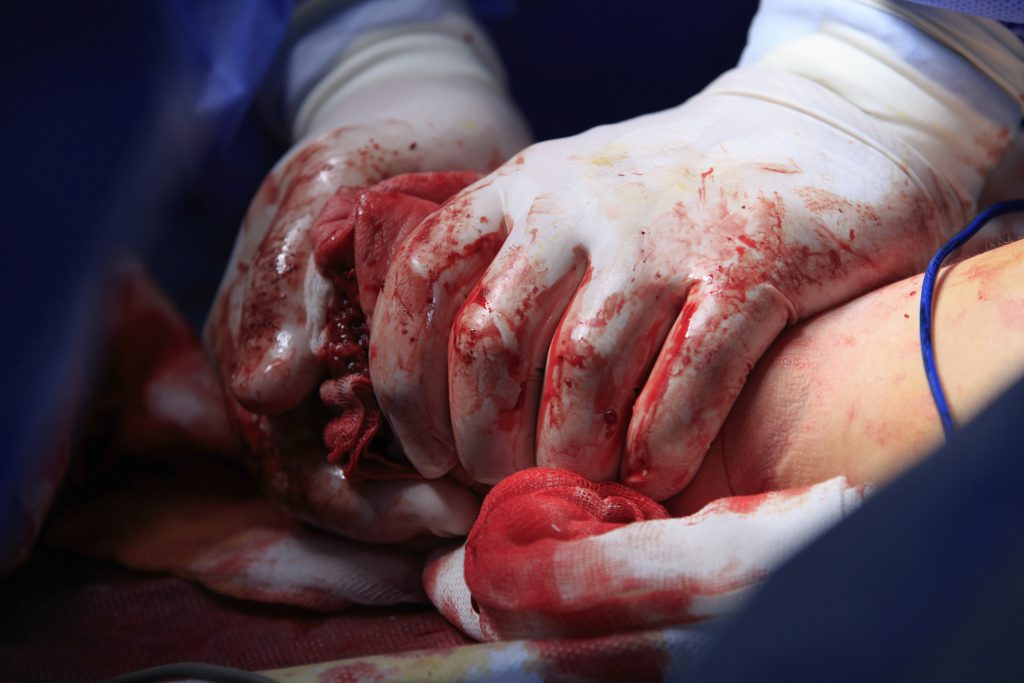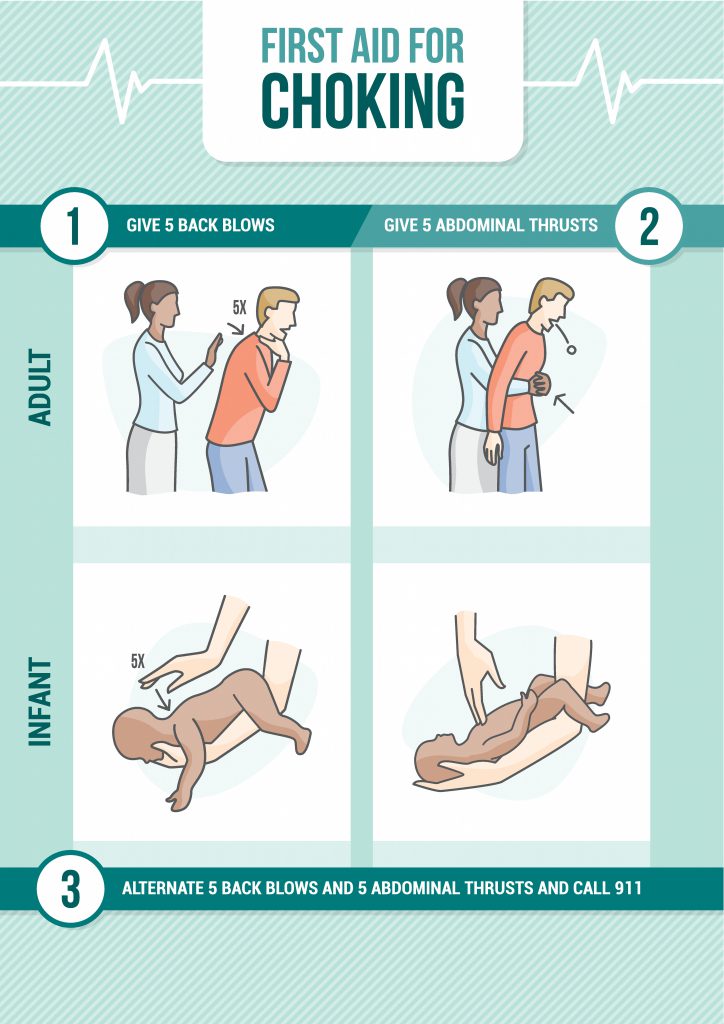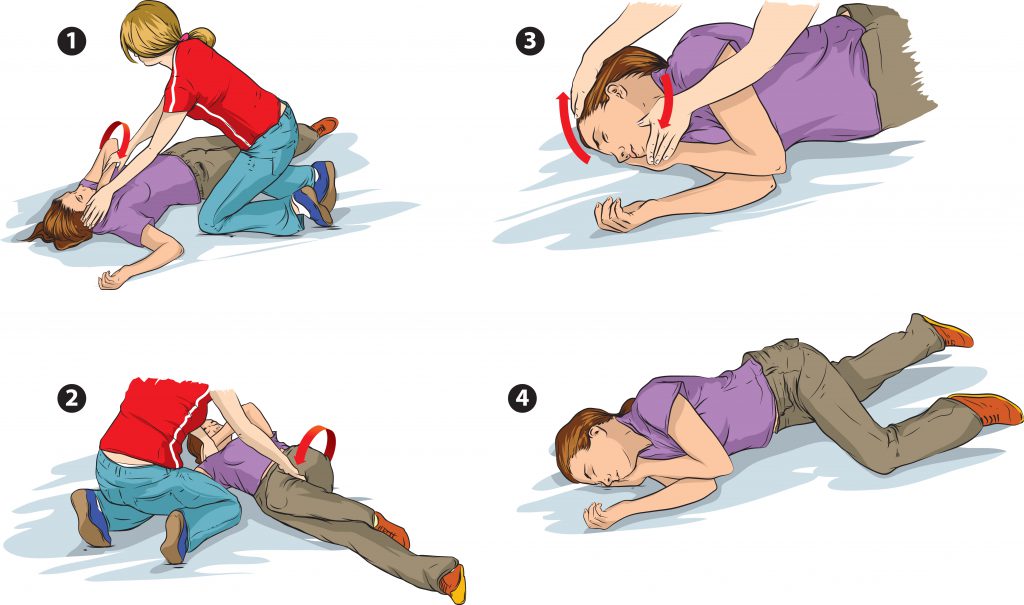Are You Capable Of Handling A Medical Emergency?
In times of high stress or high action, the human body is proven to be capable of so many things, impeccable strength, physical shock, and lots more. We don’t necessarily transform into superheroes, but there is a science behind this concept.
As we dull our minds with work/school routines, and mechanize our bodies to the everyday movements of our lives, we forget to activate parts of our body and mind that we don’t usually use. If you are an artist, your creative mind is always open to new ideas and visions. However, if you are stuck in a routine, then you might have a blockage. You might show up to your studio one day with no ideas on what to do next, or how to fix/add on to what you are already working on.
Have you ever felt that way?
Our brain is working around the clock, even while we sleep to help us remember, learn, and think in the best way we can. We use our full brain but sometimes doing multiple tasks at the same time can actually make your brain power less affective. So, what does happen to you in an emergency?
Your brain and your body release constant hormones that connect with each other. According to the latest scientific research, a piece of brain tissue the size of a grain of sand contains 100,000 neurons and 1 billion synapses all communicating with each other. So, imagine how strong your mind becomes?
Talk to a neurologist and ask about your brain and its power.
Recognize these 4 emergencies and tackle them:
The first and most important advice to know when you are faced with an emergency is you call the official medical providers. Call 999 and report what you see in front of you immediately.
Remain calm. There is nothing that would scrabble up your thoughts and the situation than panic. Take a deep breath and know that help is on the way. Here are some of the emergencies you need to look out for:
Chest Pain

From a medical standpoint, anyone can have a heart attack. If you see or hear someone say that their chest hurts, assume it is a heart attack until it is examined by a medical professional. Fainting may occur here, so your plan of action, after calling 999, is to rush to the patient’s side, calmly check their breathing and their pulse. If there is a pulse but no chest movement indicating breathing, prepare to perform CPR.
Doctors recommend that you ask a certified CPR person to do it. However, if in the case, there isn’t one present, make sure that you ask someone else to help. Make sure the patient’s chin is up and tongue is out of the way. Compress with both hands right in the center of the rib cage, and ask someone to gently press down on the stomach in the same motion you are pressing the chest. This way is more likely to push air faster into the lungs for the patient to breathe.
Ask your doctor about CPR certifications.
Bleeding

Lots of people become very uneasy at the sight of blood, they may even faint and not be of any help. Bleeding doesn’t always mean that someone is going to bleed out and die. There are some serious situations that you need to be aware of and others that might just need you to visit a doctor for a checkup.
Our most sensitive spots for most bleedings would be the fingers, toes, and scalp. We might get scabs and it all goes away after a few minutes. However, some other parts can become a real problem. Constant nose bleeds could mean serious problems including internal bleeding, high blood pressure, and possible other trauma-caused pressure build-ups. If you see someone with a serious nose bleed, get them to a doctor as soon as possible. Make sure that they keep pressure on the bridge of their nose, and keep their head DOWN! Lifting the patient’s head can cause the blood to get into the lungs.
Heavy bleeding or possible amputations need to be tended to immediately. Don’t try to move the patient at all, try to keep them still on the ground. After calling 999, make sure that pressure is applied on the wound and no sudden movements are made. Tender ligaments, tissues, muscles can be completely damaged if you are not being careful.
Talk with your doctor about the best ways to handle blood in an emergency.
Choking

We’ve all seen this scene in a movie. When someone is choking on food or a beverage, or even after getting hit by something. First, you need to understand what type of choking it is. The person choking needs a bit of space to help you make it obvious. If they are chocking on food, and they stop coughing, this is when you need to worry. Hitting the choking patient’s back when they are coughing may not be the best idea. The food that they are trying to get out by coughing, you might just be allowing it back into the windpipe. If the patient’s face turns red and there are no more coughing noises, the Heimlich Maneuver is the best way to go.
Ask your doctor about the specifics of dealing with choking. Book an appointment with a pediatrician as well to ask for your child.
Seizure

Patients having seizures can be any number of emergencies, the most important being stroke or epilepsy. Some children who suffer from dangerous high fevers may also suffer from seizures. Not all seizures include erratic movements, some can be subtle like falling to the ground and shuddering, or foaming of the mouth, doesn’t make them any less dangerous.
The best thing to do is to immediately call 999, and give the person some room. Seizures cause abrupt and uncontrolled behavior that may hurt you if you get close. If the person has something close to their mouth or hands, remove it immediately. Time the seizure as that might be very helpful to the medical staff treating it.
Talk to your doctor and your pediatrician to see if you are at any risk of having seizures.
Know your strengths and your capabilities. In medical emergencies, don’t try to be a hero if you don’t know what you are doing or are panicking. I
Let us Take Care of Your Health.
Get FREE health tips, medical advice, lifestyle hacks and the latest news delivered straight to your inbox!